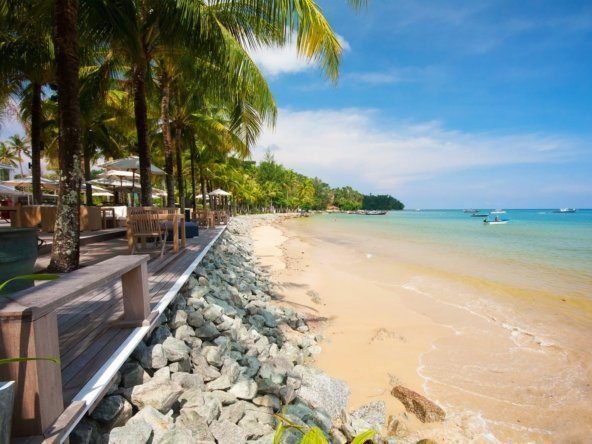When it comes to investing in real estate abroad, Thailand has emerged as an attractive destination for many foreigners. However, understanding the intricacies of property ownership in the country is crucial. One significant aspect to consider is the distinction between foreigner freehold and leasehold property. In this article, we will delve into the differences between these two types of property ownership in Thailand and provide insights to help you make an informed decision when buying property in the Land of Smiles.
Foreigner Freehold Ownership
Foreigner freehold ownership refers to the complete ownership of a property by a non-Thai national. Previously, foreign individuals were restricted from owning land in Thailand outright, but since the implementation of the Condominium Act in 1979, they have been allowed to own units within certain designated condominium buildings, provided that the total foreign ownership does not exceed 49% of the total floor area.
Under this ownership category, foreigners can enjoy the same rights and privileges as Thai nationals when it comes to their property. They have the freedom to sell, lease, or transfer their property, and they can register their name as the owner in the title deed (Chanote). This type of ownership grants foreigners a sense of security and control over their investment in Thailand.
Leasehold Ownership
Leasehold ownership, on the other hand, grants foreigners the right to possess and use a property for an extended period, typically up to 30 years. This type of ownership is commonly used for the acquisition of land, as Thai law prohibits foreigners from owning land directly. However, leasehold ownership allows foreigners to secure long-term leases on land, and they can subsequently build structures, such as houses or commercial establishments, on that land.
While leasehold ownership doesn’t offer the same level of control as freehold ownership, it still provides a viable option for those looking to invest in Thai property. Furthermore, leasehold agreements often include renewal options, allowing the lessee to extend the lease period and maintain possession of the property for additional periods.
Factors to Consider
Several factors should be taken into account when deciding between freehold and leasehold ownership in Thailand:
Investment Goals: Consider your long-term objectives and whether owning the property outright or having a long-term lease aligns better with your investment strategy.
Legal Advice: Engage the services of a competent local lawyer specializing in real estate matters to ensure you understand the legal implications and obligations associated with each ownership type.
Location and Property Type: Some areas, particularly popular tourist destinations, may have restrictions on foreign ownership. Additionally, leasehold properties may be more prevalent in specific locations or property types, so evaluate your options accordingly.
Financial Considerations: Weigh the costs and benefits associated with both ownership types, including purchase prices, maintenance fees, taxes, and potential return on investment.
Foreigner freehold and leasehold are two distinct types of property ownership available to foreigners in Thailand. While freehold ownership grants full ownership rights, leasehold ownership provides a long-term lease with possession and use rights. Each option comes with its advantages and considerations, so it is crucial to conduct thorough research, seek legal advice, and consider your investment goals before making a decision. By understanding these differences, you can confidently navigate the Thai property market and make an informed choice that aligns with your needs and obje





